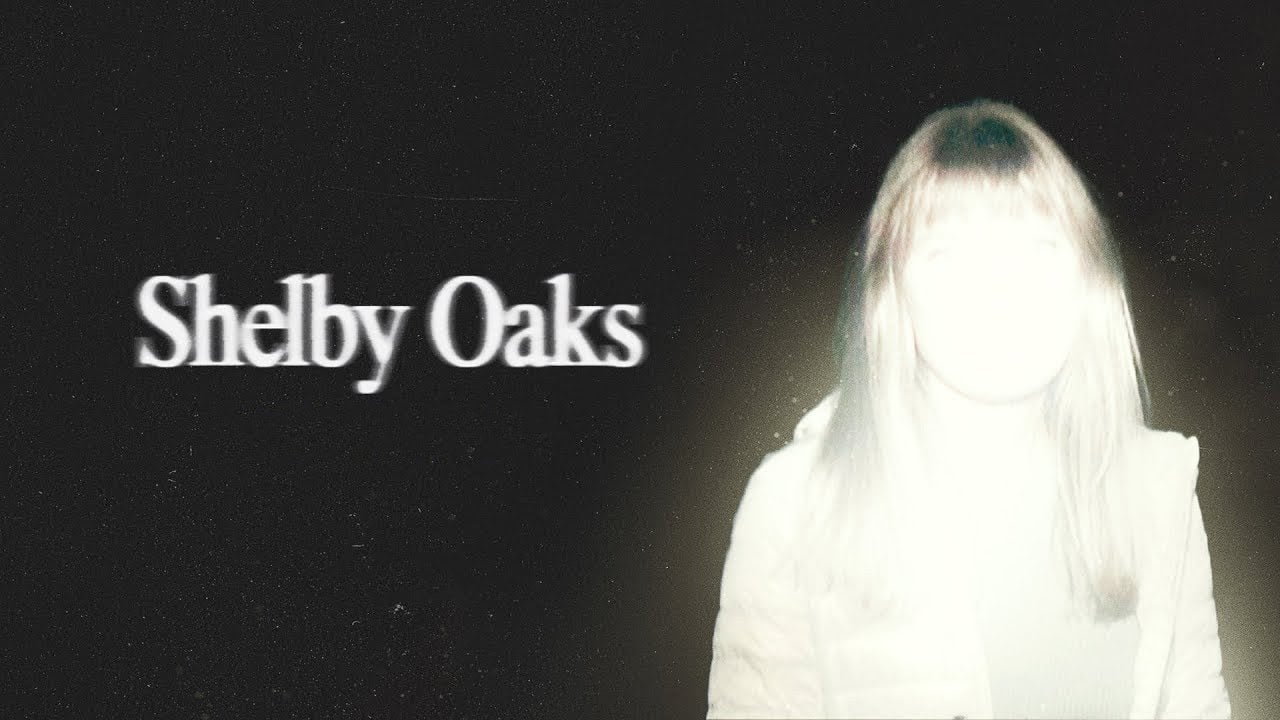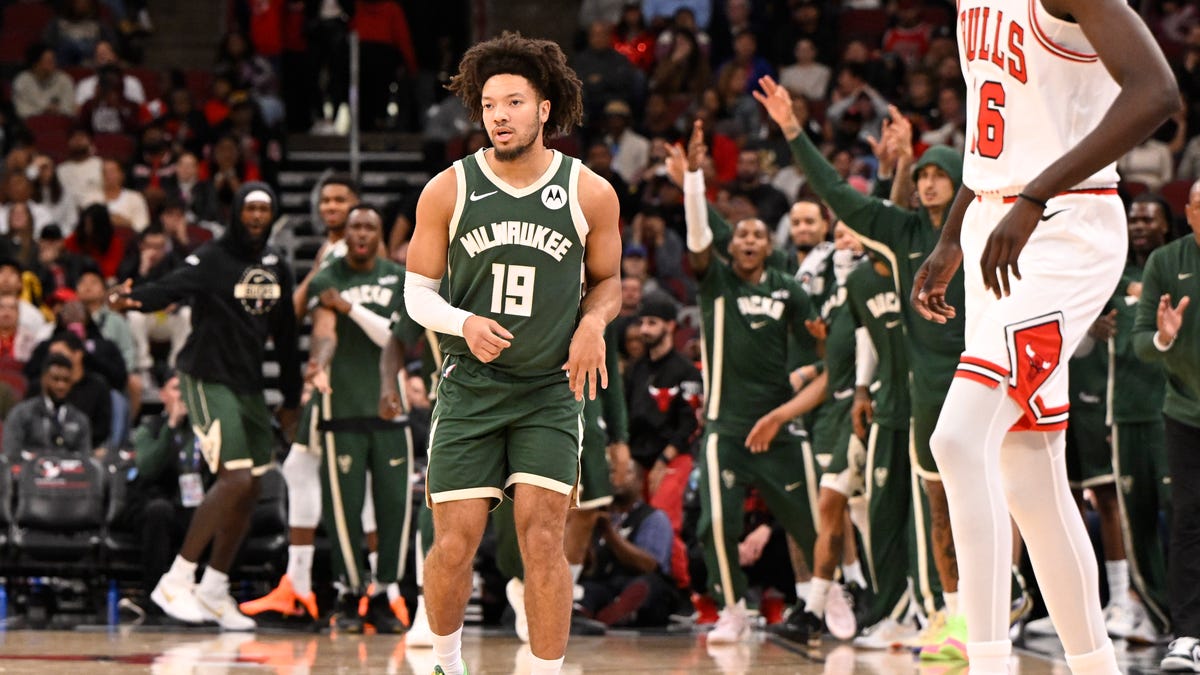Movie Reviews
Love Hallmark Christmas movies? This company is hiring a reviewer for $2,000

BloomsyBox will pay you to watch Hallmark Christmas movies
BloomsyBox, an online flower subscription service, is looking to hire a “Hallmark Christmas Movie Reviewer” to watch 12 festive Hallmark films.
Cheddar
Do your post-Thanksgiving plans involve binging Hallmark movies and getting in the winter feels? Lucky for you Christmas came a little earlier this year and a flower company is offering to pay one person $2,000 to review Christmas films.
BloomsyBox, an online flower subscription service, is looking to hire their first ever “Hallmark Christmas Movie Reviewer” to watch 12 festive Hallmark films in just as many days and give a verdict on them. In return, Bloomsybox will pay the reviewer $2,000 as well as box of additional prizes worth over $500.
“The countdown to Christmas is fast approaching, so we at BloomsyBox want to settle the debate: what’s the greatest piece of Hallmark holiday cinema ever created?” says BloomsyBox on the application page. “To find out, we’re looking for one special Christmas movie maven to watch and rate 12 different Hallmark Christmas favorites in 12 days.”
Top Christmas movies ranked: The 20 best from ‘The Holdovers’ to ‘Scrooged’
Chief of Cheer: This company will pay you $2,500 to watch 25 holiday movies in 25 days
Here’s everything you need to know about the position and application.
What movies are included in the review?
BloomsyBox’s Hallmark holiday movie line-up includes:
- “The Most Wonderful Time of the Year” (2008)
- “Crown for Christmas” (2015)
- “The Nine Lives of Christmas” (2014)
- “Christmas Getaway” (2017)
- “Journey Back to Christmas” (2016)
- “Ghosts of Christmas Always” (2022)
- “Family for Christmas” (2015)
- “Christmas Under Wraps” (2014)
- “Three Wise Men and a Baby” (2022)
- “A Royal Christmas” (2014)
- “Northpole” (2014)
- “The Christmas Train” (2017)
Holiday cheer on the high seas: Norwegian Gem to host Hallmark Channel Christmas Cruise
Let’s be real. Gifts are all that matter this holiday season.
Rating the films
The reviewer will have to rate the film on a scale of 1 to 10 according to five different criteria including “Festivity Factor,” “Predictability Quotient,” “Chemistry Check,” “Tear-Jerker Test” and “Replay Value.”
What are the prizes?
BloomsyBox’s first ever Hallmark Christmas Movie Reviewer will receive $2,000 in pay, which will be given upon completion of the reviews. The chosen applicant will also be provided with hot cocoa, two pairs of socks from UGG, $60 to purchase a one-year subscription to Peacock, and a 12-month flower subscription from BloomsyBox.
Where I apply to be the Hallmark Christmas Moview Reviewer?
Hallmark fans and those wishing to apply for this positions can send in their application on BloomsyBox’s website through Dec. 3. The competition is open to residents of the United States aged 18 or over, excluding employees of any entity that owns or operates BloomsyBox, their families, or agents, businesses or anyone else professionally connected with a competition and/or BloomsyBox.
Additional details, including terms, conditions and requirements of the role, can be found at the BloomsyBox site.
90+ feel-good favs: Top Christmas movies to stream this holiday season
Forecasters predictions: Will there be a white Christmas in 2023?
Saman Shafiq is a trending news reporter for USA TODAY. Reach her at sshafiq@gannett.com and follow her on X, the platform formerly known as Twitter @saman_shafiq7.

Movie Reviews
Movie Review: ‘Roofman’ offers great acting, comic relief and a true story

Of all the crazy things to happen in 2025 so far, was anybody expecting two filmmakers with reputations for being melodramatic– Darren Aronofsky and Derek Cianfrance — to branch out of their comfort zones and direct light-hearted films set in the late 1990s with a lot of comic relief?
Last month it was Aronofsky with Caught Stealing, and now Cianfrance gives us Roofman. Inspired by real incidents throughout North Carolina, Roofman is now one of my favorite movies of the year.
In late 1998, Jeffrey Manchester (Channing Tatum) is a divorced dad with a military background who is unemployed and can barely afford his kids’ birthday presents. Despite his failures, Jeff is very good on his feet and can come up with a plan and execute it very quickly — such as breaking into McDonald’s and stealing from the register to make up for his mistakes to his family.
But when he’s busted for a kidnapping along with a robbery and sent to prison, Jeff successfully breaks out and secretly begins living in the ceiling of a Toys “R” Us outside Charlotte, NC. Things take an unexpected turn when he becomes friendly with one of the store’s employees, single mom Leigh Wainscott (Kirsten Dunst), who is active in the choir and toy drive of the town’s Presbyterian church.
LaKeith Stanfield, Peter Dinklage, Emory Cohen, Juno Temple, Melonie Diaz, Ben Mendelsohn and Jimmy O. Yang are some of the recognizable faces in the supporting cast. Roofman was co-written by Cianfrance and Kirt Gunn, and is the director’s return to the big screen following his HBO mini-series “I Know This Much is True” (2020).
Besides being an funny and charming comedy-drama, the new picture also counters Kogonada’s A Big, Bold, Beautiful Journey in reminding us that product placement incorporated into a plot can be easily forgiven, or at least less distracting, if the story and final product are good enough. Though lighter in tone than his usual projects, Roofman does still have the cinematic DNA Cianfrance is known for, and it works well with a fairly modest story.
Tatum remains one of the best leading men of his generation and Dunst, a lifelong favorite actress of mine, delivers the best performance in the movie, even making me cry during a scene near the end. If spooky films aren’t your thing during October, Roofman gets a recommendation from me this month.
Movie Reviews
Movie Review: ‘Shelby Oaks’ is A Truly Unsettling Horror Film Not to Be Missed – HorrorFuel.com: Reviews, Ratings and Where to Watch the Best Horror Movies & TV Shows

The wait is over! October 24th brought the release of the highly anticipated psychological horror film, Shelby Oaks, and the answer is a resounding “Yes”—you absolutely need to see this movie. Shelby Oaks is a tense film that will keep you guessing right up to its terrifying final moments.
Shelby Oaks grips you from the start, chronicling a desperate search that morphs into a dangerous obsession. When the police dismiss her sister’s disappearance, Mia, played with determined resolve by Camille Sullivan, embarks on a solo mission to find her missing sister, Riley. A mysterious tape leads Mia to crucial new clues, pushing her deeper into an investigation of her own. She must ultimately confront a horrifying possibility: that something chillingly supernatural is at play.
The emotional weight of the film rests squarely on its two leads, and they carry it magnificently. Camille Sullivan delivers an intense, compelling performance as Mia, exuding a steely confidence and unshakable resolve that grounds the desperate search.
Equally fantastic is Sarah Durn, who plays Riley, the missing sister. Durn powerfully conveys trauma, fear, and deep-seated horror, giving the viewer a visceral connection to the character. Both actresses perform amazingly well, making their characters feel honest and deeply sympathetic. Their passionate intensity drives the entire narrative.
Shelby Oaks marks the feature directorial debut of Chris Stuckmann, and we applaud his accomplishment. Stuckmann crafts a film defined by intense tension, a uniquely fascinating story, and multiple twists you won’t see coming. The pacing is a prime example of great timing, carefully unfolding the story to maximize the impact of every revelation.
The film’s atmosphere is palpable. The cinematography beautifully captures a sense of darkness and decay, often showing scenes choked by mold, rot, and general ‘ick.’ While the majority of the special effects look incredibly well done, a few minor CGI elements involving dogs, unfortunately, stood out as slightly disappointing. However, the rest of the film’s visual design is fantastic, contributing heavily to its unsettling tone.
Shelby Oaks keeps the audience on the edge of their seats from beginning to end. It’s a terrifying, thought-provoking film. It lingers long after the credits roll, forcing you to think about the unsettling reality of families searching for lost loved ones and those who have been forgotten.
I highly recommend seeing Shelby Oaks; luckily, you can watch it now on the big screen. Be sure to watch our interview with star Sarah Durn (Riley), who gives us insight into the film and her role.
Movie Reviews
Dhruv Vikram’s Bison Movie Review and Rating, Anupama

Movie Name : Bison
Release Date : Oct 24, 2025
123telugu.com Rating : 2.75/5
Starring : Dhruv Vikram, Anupama Parameswaran, Rajisha Vijayan, Pasupathy
Ameer
Director : Mari Selvaraj
Producers : Sameer Nair, Deepak Seigal, Pa. Ranjith, Aditi Anand
Music Director : Nivas K. Prasanna
Cinematographer : Ezhil Arasu K.
Editor : Sakthi Thiru
Related Links : Trailer
Dhruv Vikram’s Bison Kaalamaadan (simply Bison) released in Tamil during Diwali, and its Telugu version hit the screens today, a week later. Directed by Mari Selvaraj, the film blends sports and social commentary and check out the review to know how it is.
Story:
Set in the 1990s, Bison follows Kittayya (Dhruv Vikram), a student who dreams of excelling in kabaddi. His father Velusamy (Pasupathy) disapproves, fearing for his son’s future. Their village is divided by caste, and Kittayya’s family belongs to a marginalised community that has endured oppression for generations. Despite resistance, he pursues kabaddi but faces harsh challenges at every step. Whether he achieves his dream and breaks these barriers forms the crux of the story.
Plus Points:
Mari Selvaraj once again explores oppression and social inequality, this time with kabaddi as the backdrop. He narrates it effectively, depicting inequality from local playgrounds to the national stage.
Dhruv Vikram puts his blood and sweat into the role. His physical transformation and emotional depth stand out, marking him as a promising talent.
Pasupathy is equally impressive, portraying a father torn between fear and affection. The bond between him and Dhruv forms the film’s emotional core.
Among others, Lal, Ameer, and Rajisha Vijayan perform well. Anupama Parameswaran, however, appears for less than 15 minutes and has little scope to perform.
Minus Points:
Bison draws inspiration from the life of Arjuna Award–winning kabaddi player Manathi Ganesan, balancing realism and emotion. While the discrimination is portrayed effectively, many scenes feel overstretched.
The emotional impact of Mari Selvaraj’s earlier works, such as Karnan and Pariyerum Perumal, is missing in Bison. Its length, repetitive sequences, and predictable narrative weaken the film’s overall grip.
The sports drama angle feels underused, with kabaddi serving more as a metaphor for social inequality than as a dramatic core.
In the Telugu dubbed version, poor localisation hurts the experience. Tamil signboards, newspapers, and tattoos remain untranslated, leaving viewers puzzled. It’s a clear case of negligence. The raw violence might also alienate family audiences.
Technical Aspects:
As a writer and director, Mari Selvaraj delivers a decent outing but not one matching the power of his earlier films. Bison struggles with uneven pacing and repetition. Ezhil Arasu K’s cinematography beautifully captures the rural backdrop and kabaddi action.
Nivas K. Prasanna’s music is decent but occasionally mismatched and loud. Sakthi Thiru’s editing could have been sharper, as trimming repetitive portions would have made it tighter. Production values are fine overall.
Verdict:
On the whole, Bison Kaalamaadan is a sports drama that addresses oppression and inequality. It works to an extent, largely due to Dhruv Vikram’s dedication and Pasupathy’s heartfelt performance. However, Mari Selvaraj’s narration lacks the sharpness and emotional impact of his earlier works. The prolonged runtime, predictable writing, and uneven emotional flow make Bison a below average flick. The film may not appeal to everyone, especially given its raw tone, but if you’re curious, watch it with modest expectations.
123telugu.com Rating: 2.75/5
Reviewed by 123telugu Team
-

 New York3 days ago
New York3 days agoVideo: How Mamdani Has Evolved in the Mayoral Race
-

 World6 days ago
World6 days agoIsrael continues deadly Gaza truce breaches as US seeks to strengthen deal
-

 News5 days ago
News5 days agoVideo: Federal Agents Detain Man During New York City Raid
-

 News6 days ago
News6 days agoBooks about race and gender to be returned to school libraries on some military bases
-

 Technology6 days ago
Technology6 days agoAI girlfriend apps leak millions of private chats
-

 Politics6 days ago
Politics6 days agoTrump admin on pace to shatter deportation record by end of first year: ‘Just the beginning’
-

 News6 days ago
News6 days agoTrump news at a glance: president can send national guard to Portland, for now
-

 Business6 days ago
Business6 days agoUnionized baristas want Olympics to drop Starbucks as its ‘official coffee partner’


















